Warning: The following article contains spoilers for Harry Potter and the Half-Blood Prince, which came out in 2005 and you should absolutely have consumed by now.
Over the course of seven books and eight films, Harry Potter‘s adventures packed in countless twists, turns, spells, and double-crosses, but few elements shocked fans as much as Albus Dumbledore‘s death at the climax of Harry Potter and the Half-Blood Prince.
J.K. Rowling‘s wizarding saga was already taking a darker turn as Harry’s nemesis, He Who Shall Not Be Named, and his army of Death Eaters publicly revealed themselves, but Dumbledore’s death darkened the story further, setting the tone for the final volume of the wizarding saga.
After the unfortunate passing of Sir Michael Gambon, who faithfully portrayed Dumbledore since Prisoner of Azkaban, devoted Potterheads have begun to indulge in past memories of the beloved fantasy franchise and meditated on Dumbledore’s unfathomable send-off.
That said, it wasn’t just the death of the beloved character that was shocking, but the way in which he died. In a stand-off high up in a Hogwarts tower, it was Severus Snape who cast the fatal spell. The suspicions Harry Potter had long held about his former Potions Master appeared to be confirmed in that moment.
Why was Dumbledore’s death such a shock?
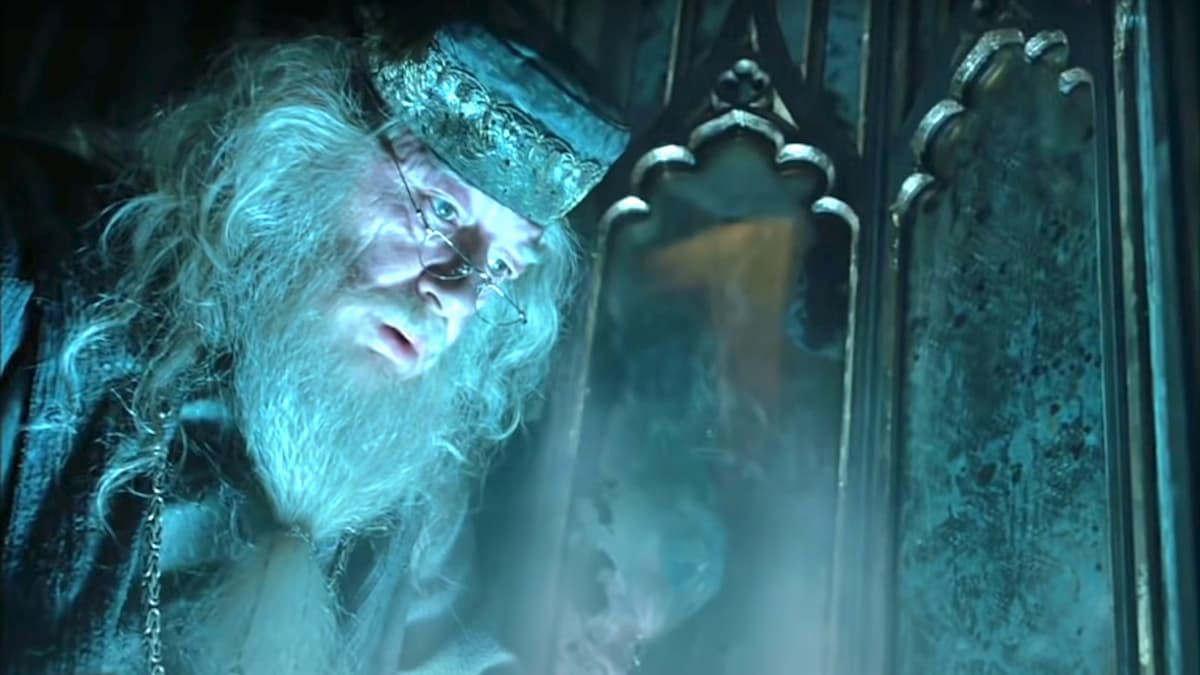
The Hogwarts headmaster had been established as one of the most powerful characters in the Wizarding World. He had also acted as a mentor to Harry since the young wizard’s arrival at school, guiding Harry into the world of magic and helping him uncover his family history as well as the truth behind the return of the dark wizard that Dumbledore insisted on calling by his actual name: Voldemort.
From the outset, we knew that Dumbledore was more than just a headmaster. As the books progressed, we saw his plots and plans develop along with Harry and his friends. It was Dumbledore who assembled two generations of the Order of the Phoenix to combat the dark wizard’s Death Eaters.
In the build-up to Half-Blood Prince’s publication, there were rumors that one of the series’ main characters was going to die. While many correctly predicted Dumbledore’s demise, few expected events to unfold the way they did. But Rowling’s tightly-plotted novels laid hints before and after Dumbledore’s death that proved it was unavoidable.
Why did Snape have to kill Dumbledore?
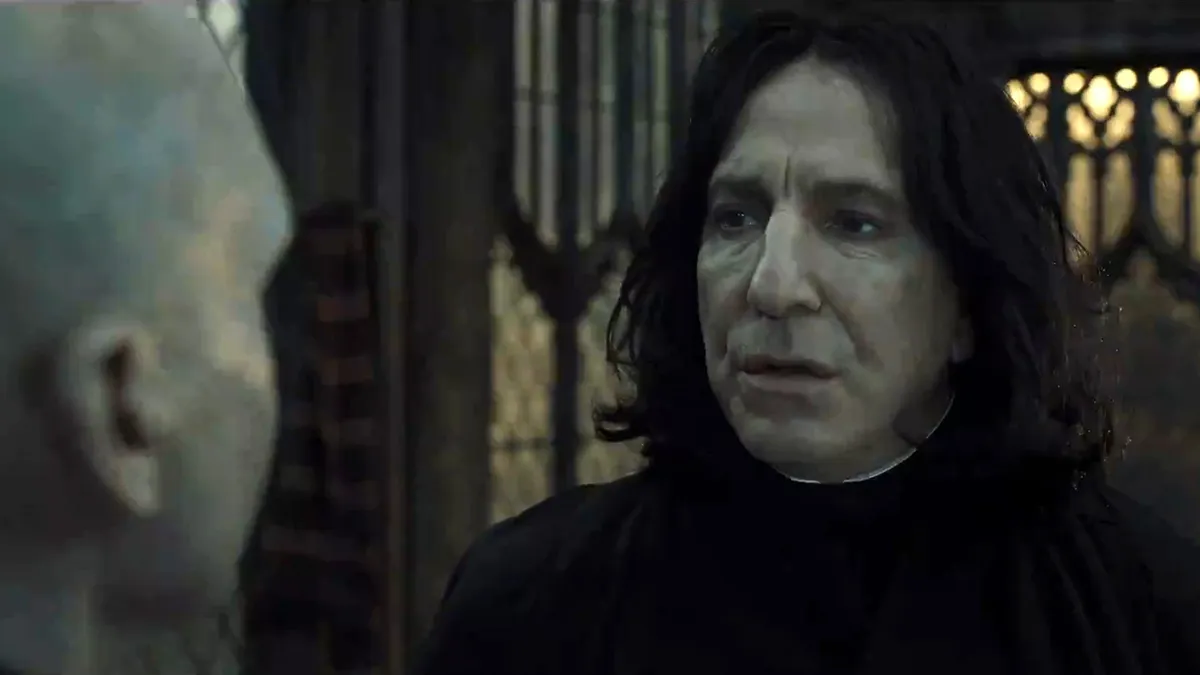
Half-Blood Prince and the series’ concluding volume, Harry Potter and the Deathly Hallows, offered several reasons why Dumbledore had to die at this point in the saga ⏤ and why it had to be Snape who cast the Killing Curse.
A curse on Dumbledore contributed to his death
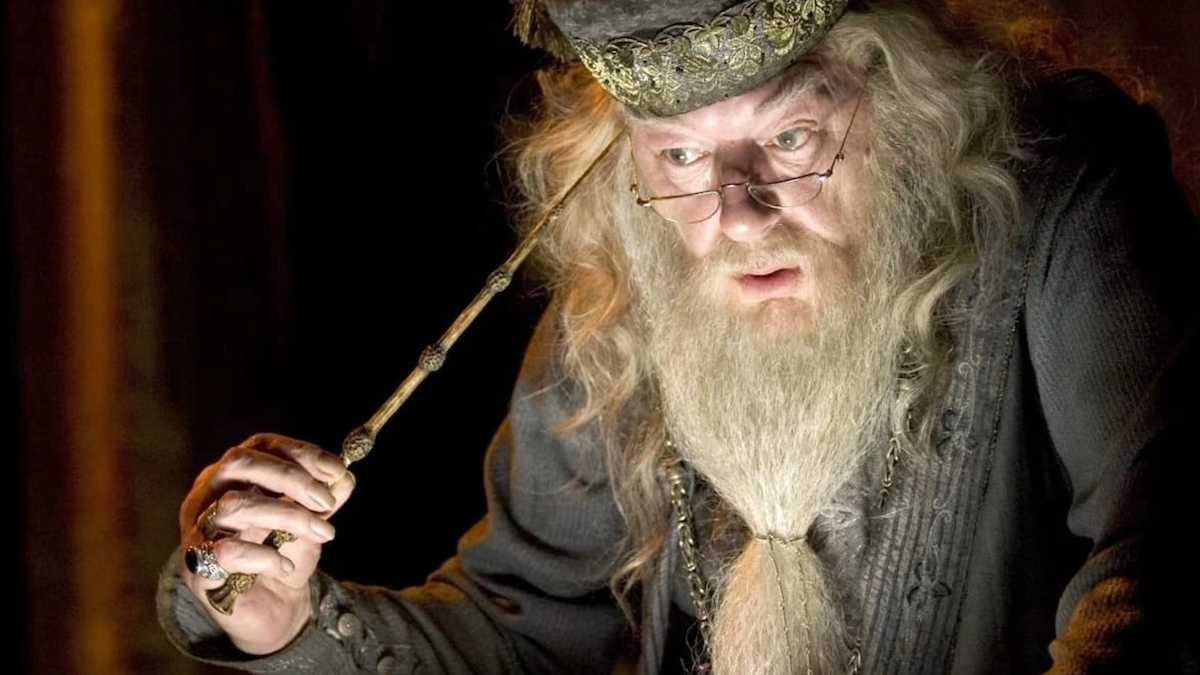
Firstly, Dumbledore wasn’t in the best health, as Harry had suspected throughout Half-Blood Prince. By Potter’s sixth year at Hogwarts, he and Dumbledore were actively hunting for Voldemort’s Horcruxes ⏤ magical objects that carried fragments of the dark wizard’s soul and assured his immortality. Later, it was revealed that Dumbledore had already discovered the second Horcrux ⏤ Marvolo Gaunt’s Ring ⏤ and realized that it included the fabled Resurrection Stone. Dumbledore had searched for the Stone (one of the Deathly Hallows) for many years, hoping to resurrect his family, including his sister Ariana. Overcome at the revelation, Dumbledore slipped it on, a mistake the elderly wizard later told Harry proved that he was unworthy to unite the Deathly Hallows himself.
The ring cursed Dumbledore, leaving his hand looking blackened and dead as it spread. We later learned that Snape had managed to limit the curse, although it was too late to save Dumbledore’s life. Both men knew that he would have died painfully within a year, so Snape’s action was actually merciful.
Dumbledore’s death saved Draco Malfoy’s soul
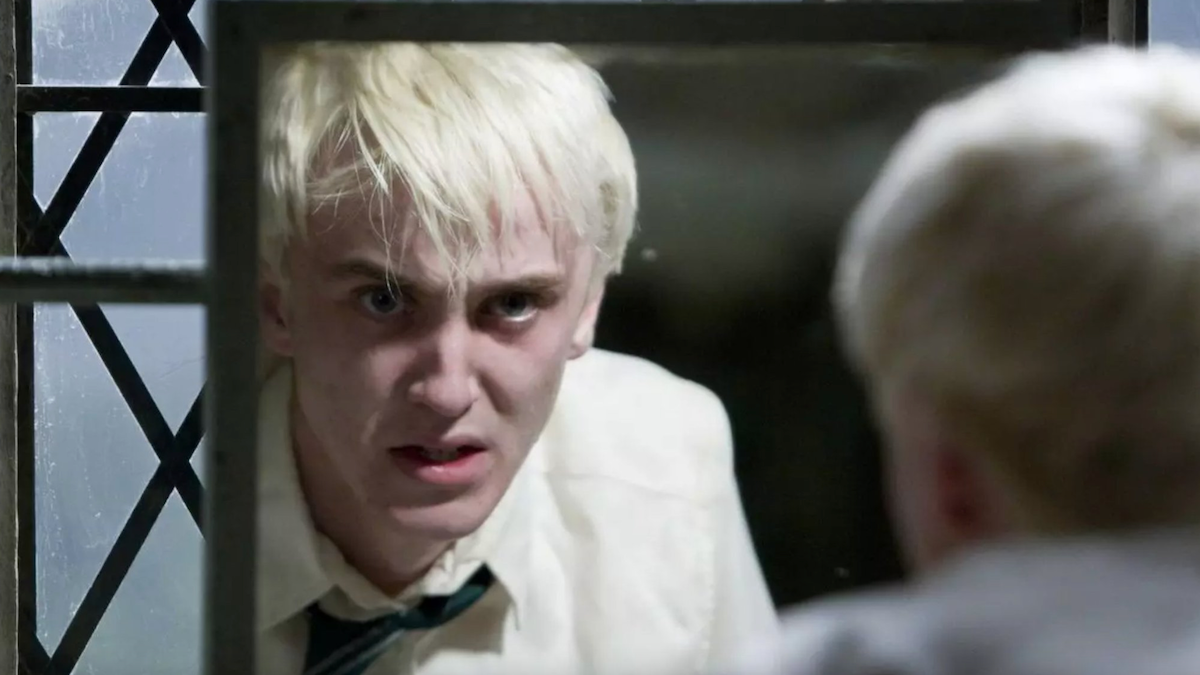
Dumbledore was a powerful wizard, as Voldemort very well knew. When the two dueled in Order of the Phoenix, the dark wizard had been forced to flee. Typically, he dispatched a Death Eater to do his dirty work, but in choosing Draco Malfoy to kill his rival, he set the young wizard on a dark path he’d never be able to leave. Dumbledore knew that if Snape took his place, he would save Draco’s soul.
Dumbledore’s death helped release the Elder Wand
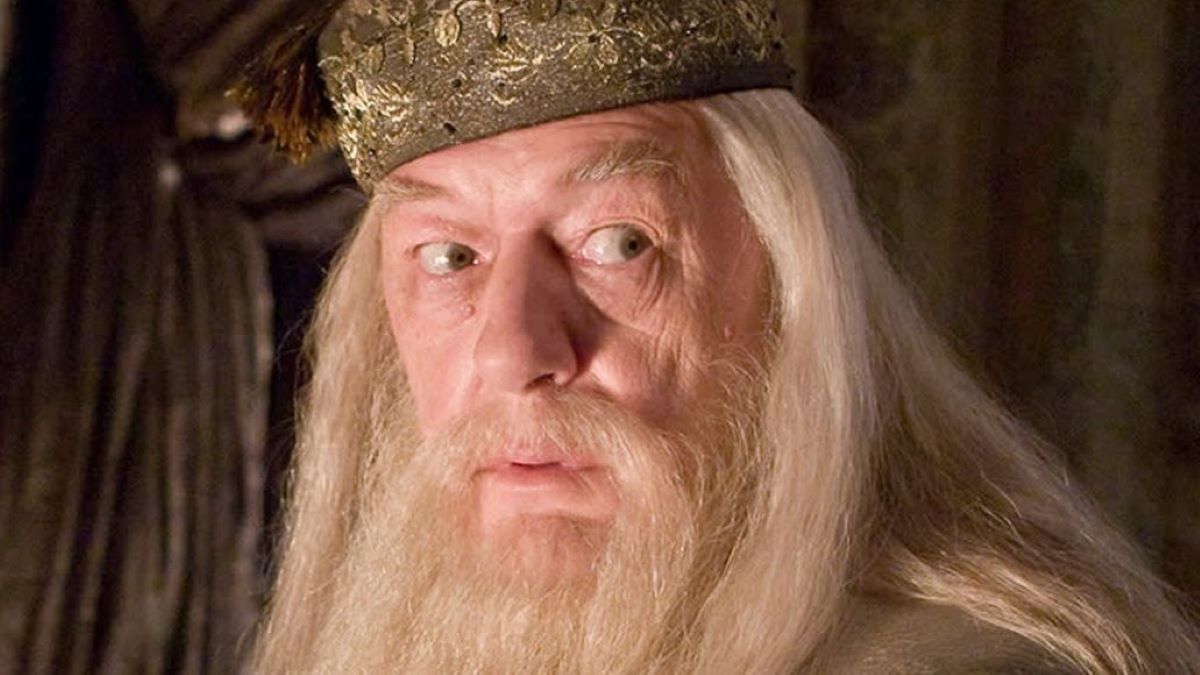
The Elder Wand, another of the Deathly Hallows, was the most powerful wand in existence. Passed on through battle, Dumbledore had commanded it for over 50 years after his defeat of Grindelwald in 1945. Voldemort knew that he couldn’t control the wand unless his former headmaster was defeated. Dumbledore knew that he had to avoid defeat to ensure that the wand stayed out of the Dark Wizard’s hands. Events didn’t go as either of them planned.
Dumbledore’s quest for Voldemort’s Horcruxes had severely weakened the old wizard. Before Snape seized on Malfoy’s hesitation and killed Dumbledore, the young wizard had already managed to disarm his headmaster. In doing so, Malfoy unwittingly became master of the Elder Wand. The events of Deathly Hallows suggest that this couldn’t possibly be part of Dumbledore’s plan, since it eventually led to Snape’s death as Voldemort sought control of the wand.
However, this proved to be a misdirection that kept that power from Voldemort’s grasp even after he had retrieved the Elder Wand from Dumbledore’s grave. Voldemort hadn’t realized that Draco had been able to disarm Dumbledore. Harry Potter later took control of the Elder Wand when he defeated Draco during the Battle of Hogwarts.
Dumbledore’s death helped Voldemort trust Snape
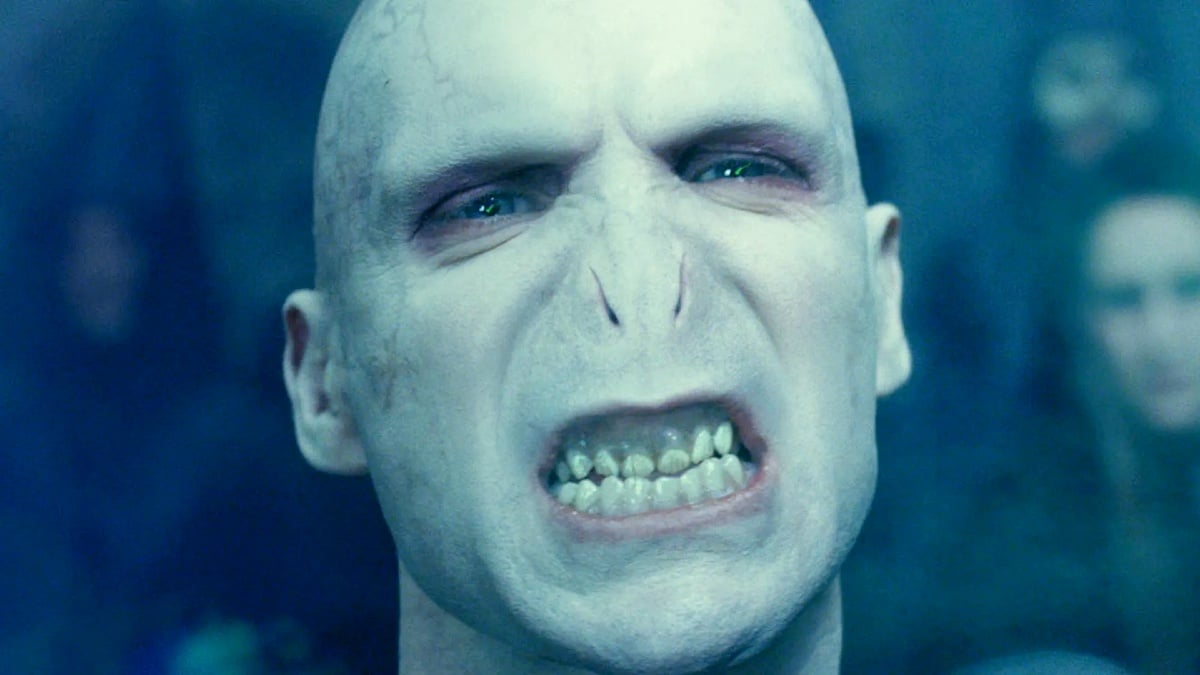
Keeping the Elder Wand out of Voldemort’s grasp was essential, but the most immediate concern was protecting Severus Snape. Yes, Snape is later confirmed to be a double agent. Believing that the Dark Lord was starting to lose his trust in Snape, Dumbledore’s sacrifice provided the ultimate proof of Snape’s loyalty. When the headmaster pleads with Snape just before his death, it convinces the reluctant wizard to stick to their plan and keep the secret safe.
In Half-Blood Prince, the act convinced everyone ⏤ even us. It made even more sense when the identity of the Half-Blood Prince was revealed shortly after Dumbledore’s death. As the son of the witch Eileen Prince and Muggle Tobias Snape, it was none other than Severus Snape. Dumbledore’s death may dominate the sixth book, but it was about Snape all along, and for the time being, the plot to defeat Voldemort was safe with him.

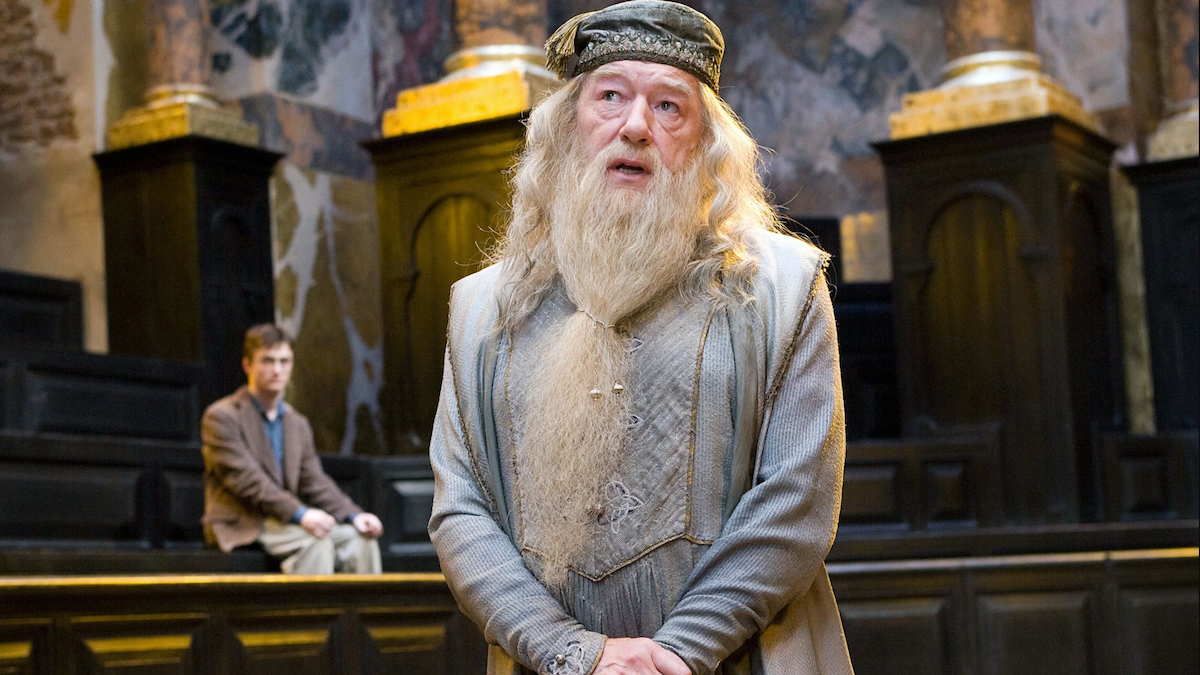










Published: Jan 19, 2024 02:24 pm